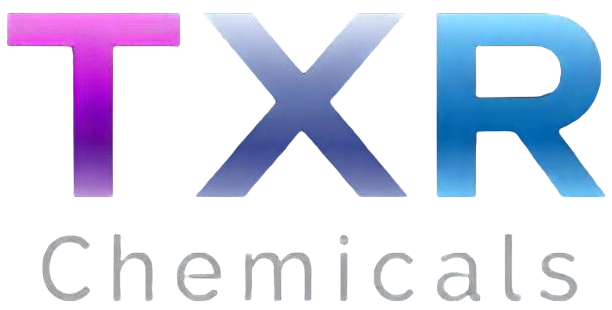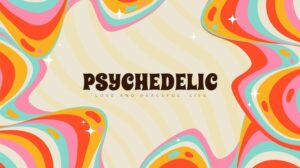Psychedelics – Advanced Therapeutic Compounds for Consciousness Research
Psychedelic drugs represent one of the most significant breakthroughs in neuropsychological research and therapy. These compounds alter cognition, mood, and sensory perception, often leading to heightened self-awareness and emotional insight. Today, scientists and clinicians explore psychedelics not just as chemical curiosities, but as powerful tools in treating depression, PTSD, addiction, and anxiety.
Because of their unique effects on the brain’s serotonin system, psychedelics unlock new pathways in mental health treatment.
What Are Psychedelics?
Psychedelics are a class of hallucinogens that primarily affect the 5-HT2A serotonin receptor. Compounds like psilocybin, DMT, LSD, and mescaline trigger altered states of consciousness, introspection, and spiritual-like experiences. Unlike dissociatives, which numb sensation, psychedelics intensify perception and emotional depth.
As a result, these drugs have become central to the study of consciousness and neural integration.
Research into psychedelic therapy has surged in recent years. Scientists now examine how these compounds help the brain “reset” after trauma or long-term depression. Clinical studies indicate that a single guided session can reduce symptoms in treatment-resistant patients for weeks or even months.
With that in mind, pharmaceutical-grade psychedelics now form the foundation of many experimental therapy models.
Clinical and Research Applications
Psychedelic therapy involves guided administration of a compound under professional supervision. During a controlled session, patients often revisit suppressed memories or confront emotional blocks. Researchers use brain imaging to track how psychedelics affect areas tied to identity, memory, and emotional regulation.
In doing so, they gain insight into how the brain reorganizes itself under chemical influence.
Additionally, psychedelic drugs assist in exploring how the default mode network (DMN) functions. These insights lead to better models of consciousness and the neural basis of ego dissolution. Clinical institutions across the globe now pursue regulatory approval for psilocybin-assisted therapy, LSD trials, and DMT microdosing protocols.
Therefore, access to high-purity, precisely dosed psychedelics is essential for progress.
Safe Handling and Ethical Use
Professionals handling psychedelics must follow rigorous safety protocols. These include secure storage, precise measurement, and medical screening procedures. Ethical research also requires detailed documentation of consent, supervision, and outcomes.
By following these standards, researchers protect both data integrity and patient safety.
Showing all 9 results
-
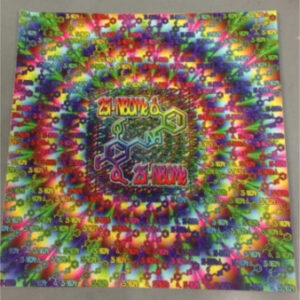
2-MeO-TMT (5-MeO-TMT)
Price range: $250.00 through $1,700.00 Select options This product has multiple variants. The options may be chosen on the product page -

25B-NBOMe powder
Price range: $800.00 through $3,000.00 Select options This product has multiple variants. The options may be chosen on the product page -
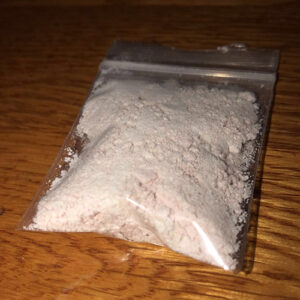
2C-B (4-Bromo-2,5-dimethoxyphenethylamine)
Price range: $400.00 through $3,000.00 Select options This product has multiple variants. The options may be chosen on the product page -

2C-B Pills
Price range: $300.00 through $1,100.00 Select options This product has multiple variants. The options may be chosen on the product page -

4-ACO-DMT
Price range: $1,000.00 through $4,000.00 Select options This product has multiple variants. The options may be chosen on the product page -
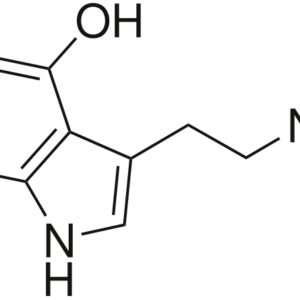
4-HO-MET
Price range: $600.00 through $2,300.00 Select options This product has multiple variants. The options may be chosen on the product page -
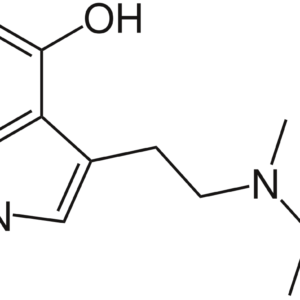
4-HO-MiPT
Price range: $450.00 through $1,500.00 Select options This product has multiple variants. The options may be chosen on the product page -

5-MeO-DMT
Price range: $750.00 through $4,500.00 Select options This product has multiple variants. The options may be chosen on the product page -

PURE MESCALINE HCL
Price range: $350.00 through $1,400.00 Select options This product has multiple variants. The options may be chosen on the product page
